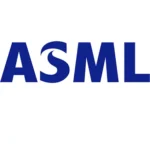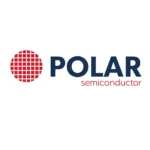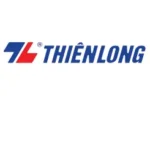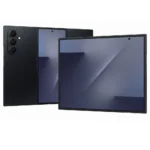Samsung Electronics Co. will acquire two more of ASML Holding NV’s cutting-edge extreme ultraviolet lithography systems by mid-2026, spending ₩1.1 trillion ($773 million) in what amounts to an expensive gamble on reversing its declining fortunes in contract chipmaking.
The Korean manufacturer expects delivery of the first high-numerical-aperture EUV scanner, the Twinscan EXE:5200B, later this year, with a second unit arriving in the first half of 2026, according to industry sources Wednesday. Each machine costs approximately $386 million.
The investment comes as Samsung’s foundry business hemorrhages market share, dropping to 7.7% in the first quarter from 8.1% three months earlier, while leader Taiwan Semiconductor Manufacturing Co. commands 67.6%. China’s SMIC, now at 6%, is closing the gap.
Samsung’s struggles stem largely from persistent yield problems. Its second-generation 3-nanometer process operates at just 20-30% yield rates, well below the 60% threshold needed for commercial viability and far behind TSMC’s reported 90%-plus performance.
The high-NA equipment represents Samsung’s latest attempt to leapfrog competitors in manufacturing technology for chips below 2 nanometers. The company already installed ASML’s first-generation high-NA system, the EXE:5000, at its Hwaseong campus in early 2025.
Whether expensive equipment alone can solve Samsung’s execution challenges remains unclear. The foundry business posted revenue of ₩2.89 trillion in the first quarter, down 11.3% sequentially.





